Public Employees in Iraq’s Kurdish Region Caught in Oil Dispute
This report highlights how Baghdad’s decision to suspend salaries for Kurdish public employees has become a human cost of a political standoff. Public workers, teachers, and health staff are now unable to support their families. Baghdad alleges the Kurdish government failed to share oil revenues and illegally smuggled it, while Irbil calls the suspension “collective punishment.” This article shows how corruption and power struggles directly harm ordinary people.
https://apnews.com/article/iraq-kurds-oil-revenues-salaries-dispute-948d0682f42f0664ba9d6a0baca4799e
Turkish & Kurdish Groups Report Intimidation from Ankara
Diaspora activists in the UK, mainly Turkish and Kurdish cultural groups, are speaking out against being monitored or questioned when travelling to Turkey. Organisers of cultural events say they were subjected to facial recognition scans and interrogations, despite having no links to extremist groups. Turkey’s actions show how authoritarian governments use fear to control diaspora communities and stifle free speech abroad.
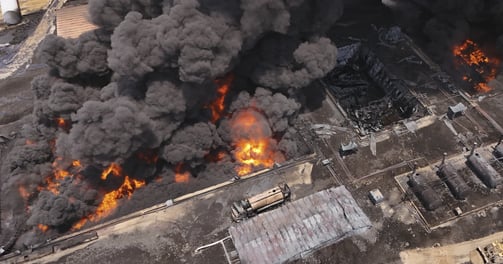

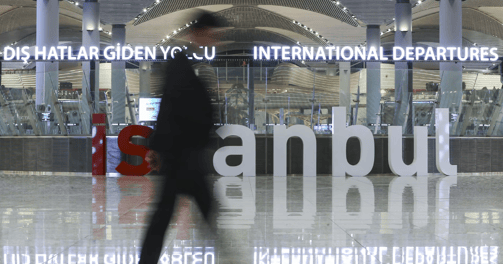

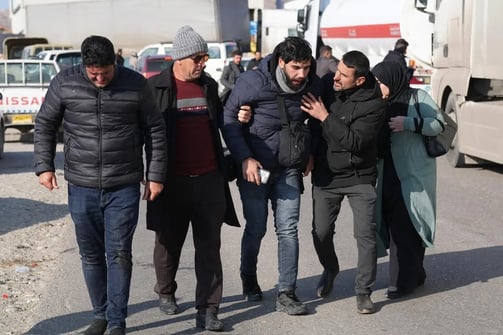

Journalists Teargassed & Arrested During Kurdistan Protests
In Sulaymaniyah, at least 22 journalists were teargassed covering protests by public sector workers over unpaid wages. Security forces arrested two and raided a TV station. This incident echoes a broader pattern of state repression, showing how authorities crack down on journalism to control the narrative.
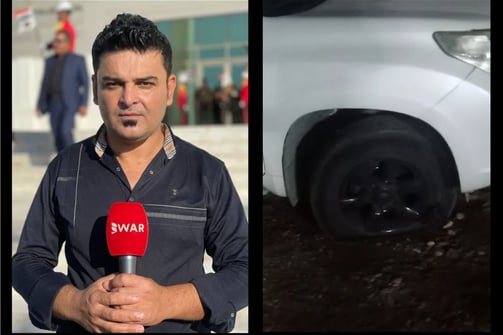

Journalist stabbed in Iraqi Kurdistan after reporting on corruption
Sulaymaniyah, November 8, 2024 The Committee to Protect Journalists calls for full accountability in the attack on journalist Wrya Abdulkhaliq, who received 21 stitches after two men stabbed his stomach and hit him in the head with the butt of a gun, in his home near Iraqi Kurdistan’s Sulaymaniyah city.
https://cpj.org/2024/11/journalist-stabbed-in-iraqi-kurdistan-after-reporting-on-corruption/
Amnesty International via Medya News (May 2024)
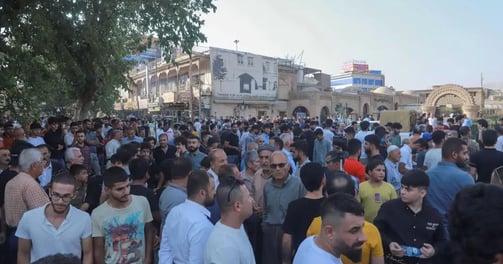

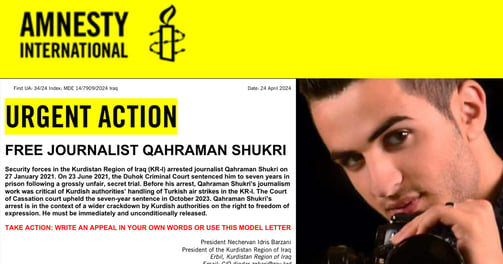

Kurdistan Region of Iraq: Arrests to Deter Protest.” This HRW news release describes how KRG security forces arrested dozens of journalists, activists, and opposition politicians on August 5–6, 2022, in advance of planned protests. The arrests came after New Generation party leader Shaswar Abdulwahid called for demonstrations against worsening corruption, poverty, and unemployment in the Kurdish region. HRW condemned the arbitrary repression to quash protests and intimidate activists and media, warning that such crackdowns only fuel public grievances. This incident exemplifies a pattern of the KRG preemptively detaining dissenters to suppress peaceful protests.
Human Rights Watch (August 2022)
Authorities in Iraqi Kurdistan must ‘immediately end assault on press freedom’.” Amnesty International reported that KRG authorities detained 37 journalists in 2023, subjecting many to unfair trials and even torture-tainted “confessions”. The KRG touts itself as a “beacon of press freedom.” Still, Amnesty calls this claim “ludicrous” given the reality of harassment, intimidation, and prosecution of journalists – especially those who reported on government corruption or criticized social. This crackdown has created a “culture of fear” aimed at silencing dissent. Amnesty highlights cases like journalists Qahraman Shukri and Sherwan Sherwani, who were disappeared, tortured, and jailed on bogus espionage charges after criticising Kurdish authorities. The report underscores a wider pattern of KRG authorities brutally suppressing free expression and targeting those who expose corruption.
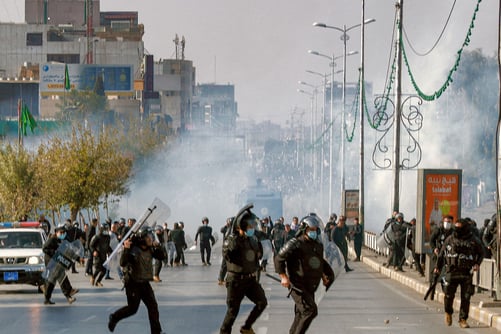

“Badinan journalist released after more than 3 years in jail.” This regional outlet reports on the release of Guhdar Zebari, one of several journalists and activists (the “Badinan detainees”) arrested in Duhok in 2020 for protesting unpaid wages. Zebari and others were convicted in 2021 of “endangering national security” and sentenced to six years, a trial widely criticised as flawed and politically motivated. Although Zebari eventually gained early release, Rudaw notes that the trials drew outcry from diplomats, media watchdogs, and human rights groups, who accused the KRG of cracking down on dissent – charges the Kurdish authorities deny. As of early 2024, at least one prominent detainee (journalist Sherwan Sherwani) remained imprisoned after receiving additional prison time on dubious.
(August 2022)Rudaw (February 2024)
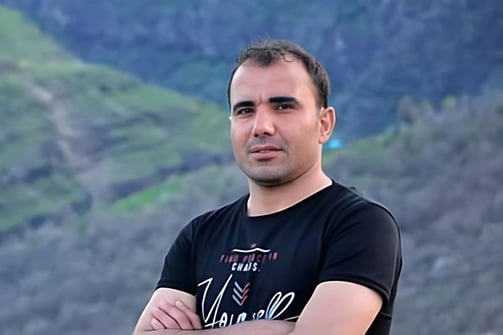

“Iraqi-Kurdish opposition party calls for protests as anger brews over stalled election.” This report notes that public unrest in Iraqi Kurdistan is long-standing and often met with violent force. Since 2012, protests against the KRG have been “brutally quashed” by security forces, resulting in hundreds of protesters killed or wounded. In late 2020, for example, armed members of the ruling KDP and PUK parties allegedly opened fire on anti-government demonstrators, killing multiple protesters. The New Arab reveals that none of the perpetrators of those shootings have been brought to justice – warrants were issued, but never executed. Families and lawyers for the victims say those responsible are party militia members shielded by the KRG’s politically influenced judiciary, illustrating a climate of impunity for violence against protesters.
The New Arab (August 2022)
“Anti-Corruption Protests in Iraq’s Muthanna.” This commentary by Tamer Badawi shows that popular protests over corruption and poor governance have not abated in Iraq’s south, even years after the big 2019 uprising. In June 2024, residents of Samawah (capital of Muthanna province) launched protests against local corruption and a lack of services. The demonstrations grew despite Iraq’s central government passing a record budget, indicating that on the ground, people saw little improvement. The piece links these protests to a history of unrest: southern Iraq has seen waves of protests since 2015 over electricity, water, and corruption, and in 2018, anti-corruption protests in nearby Basra were met with a violent crackdown by security forces, resulting in deaths and fueling further anger. During the 2019 Tishreen movement, Muthanna’s youth also held rallies in solidarity. A noteworthy twist in 2024 is that a local PMF commander (Hamid al-Yasiri) led the Samawah protests, indicating internal rifts, as he accused the provincial government of graft. The protesters’ demands included the ouster of the provincial governor and shutting “economic bureaus” run by parties that extort money from the public.
https://carnegieendowment.org/sada/2024/08/anti-corruption-protests-in-iraqs-muthanna?lang=en
Carnegie Middle East Center – Sada (August 2024)
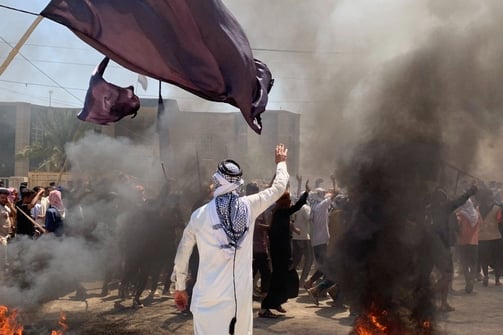

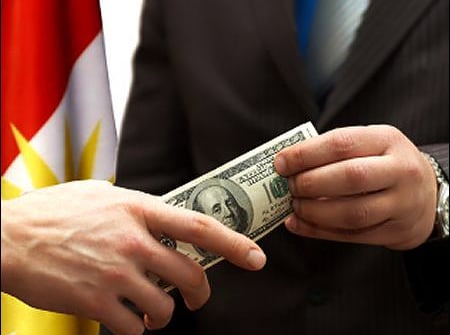

EU Asylum Agency (2022)
A report from 2022 documents that during 2020–2021, particularly across Sulaymaniyah, Duhok, and Erbil, dozens of protesters, journalists, and online activists were arbitrarily arrested, often under vague “national security” laws. Many were detained for speaking out against unpaid wages, COVID‑19 measures, or exposing corruption in KDP/PUK-controlled areas; several faced torture, enforced disappearance, and no judicial recourse. The crackdown intensified in late 2020, with internet restrictions, media bans, and suppressive arrests in response to anti‑corruption protests and social-media criticism